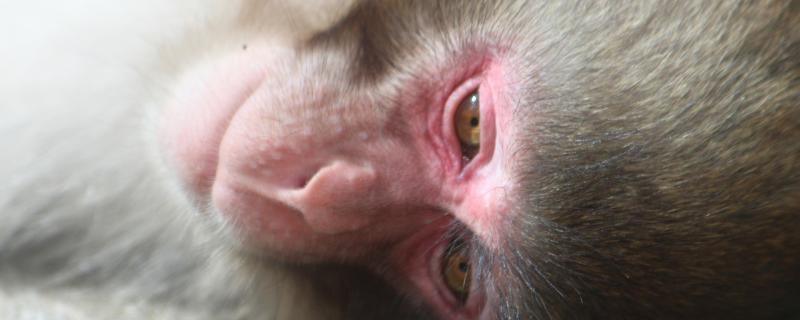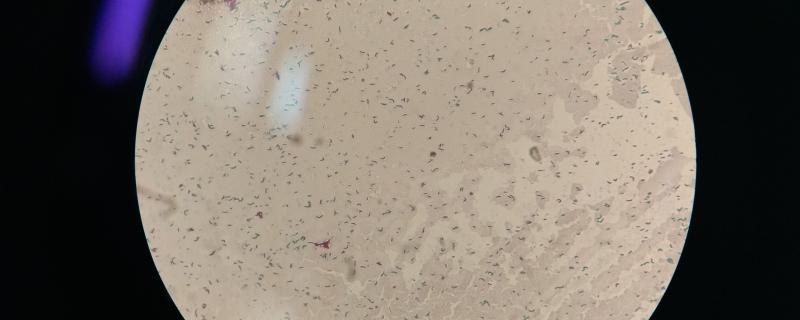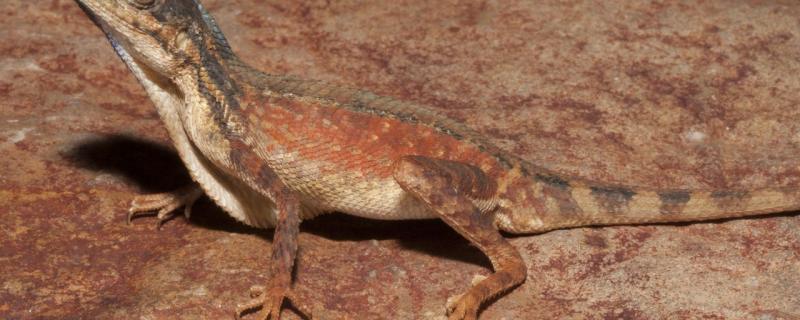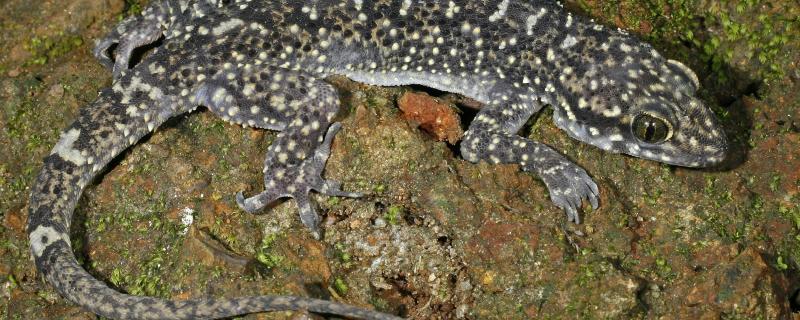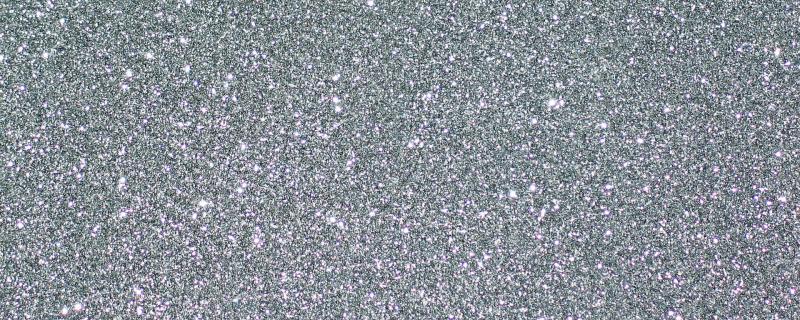In a new study, scientists from the Indian Institute of Science, Bengaluru, University of Michigan, Ann Arbor, USA, and Purdue University, USA, have studied the process of the formation of the egg in female bonnet monkeys using ultrasound. They have also analysed the dynamics involved in the ovaries when an egg is released by injecting the female monkeys with human ovarian hormones.
IISc
Researchers from the Indian Institute of Science, Bengaluru, display how a class of toxins, called the pore-forming toxins, work to destroy our cells.
Researchers from the Indian Institute of Science, Bangalore and the Natural History Museum, London, discover two new species of Fan throated lizards in the barren outcrops of the Deccan Plateau.
Dr. Prathima Iengar, scientist from Indian Institute of Science, Bengaluru has been studying the different biological process that are affected by cancer. Her new study throws light on the genes and pathways that are most affected in cancer.
Scientists from the Indian Institute of Science, Bengaluru study how and why animals from different species interact with each other.
A new addition to the list of endemic reptiles is a rock-dwelling gecko named Hemidactylus paaragowli, discovered in the hills of Kerala.
Scientists at the Indian Institute of Science (IISc), Bengaluru have developed a data driven software platform that can efficiently manage Internet of Things (IoT) resources and applications. The software, if commercialized, could be employed for efficient management of smart cities.
The Quacquarelli Symonds (QS) World University Rankings 2019 were announced on June 6th 2018, which ranked 1000 of the world’s best universities from 85 countries. 24 Indian universities made it into the list, among which Indian Institute of Technology (IIT) Bombay , Mumbai emerged as the leader ranking 162 in the world, with an overall score of 48.2/ 100.
Scientists from the Indian Institute of Science, Bangalore, explore the effect the eastern ghats had on the floods in Chennai.
A team of researchers from Indian Institute of Science (IISc), Bengaluru, Max Planck Institute for Intelligent Systems, Stuttgart, Germany, and University of Stuttgart, Stuttgart, Germany have developed a novel silver nanoparticle-graphene hybrid photodetector device with an increased ability to detect Ultraviolet light.

